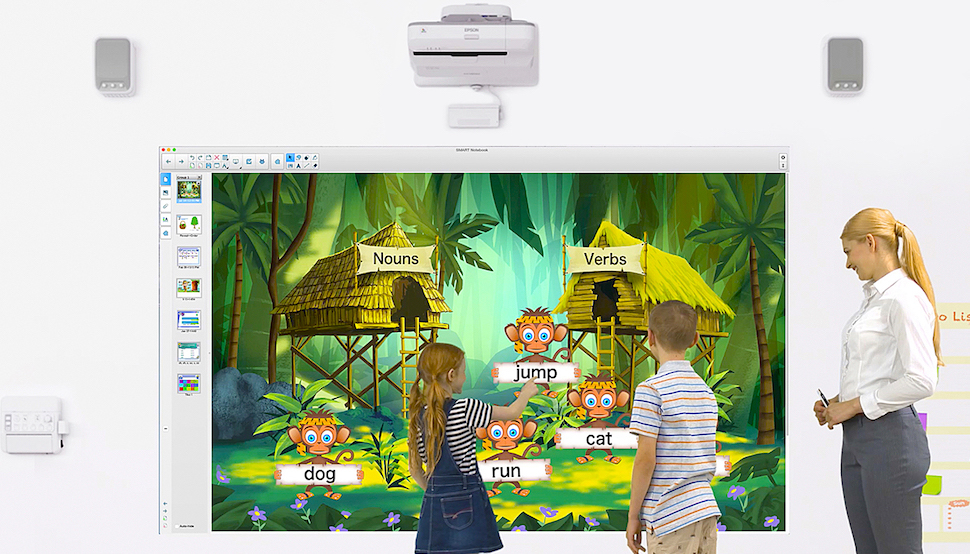Reinstating respect for teachers: What can be done?

A perfect storm is brewing in education and it’s likely to have a major impact for many years.
Stressed teachers at risk of burnout; an aging population; difficulty attracting bright people to teaching; problems retaining new graduates when they do teach; rising enrolments; challenging student behaviour, and the declining status of teaching, all contribute to a potential crisis in education.
The status of teaching has declined and this will have serious consequences for Australia’s future. The declining status, adversarial relationships and stress levels make it difficult to attract Australia’s brightest to take on the challenges of teaching.
I am passionate about reinstating the status of teachers and boosting morale in schools and I believe this will require a multi-faceted approach.
In our schools, school leaders must do everything they can to value, recognise, appreciate and support our many superstar teachers and support staff. Being visible, available and supportive are a great start. Providing professional development that is timely, differentiated and matched to staff needs (including wellbeing) is also important. Implementing a process to listen to staff concerns (especially of our superstars, not just the whingers who always have something to complain about) and addressing whatever issues, frustrations or barriers we can is important to staff morale and engagement.
School leaders must also commit to addressing under performance. A chain is only as strong as its weakest link. A weak teacher undermines confidence in the profession. Turning a blind eye or not addressing under performance issues out of frustration or exasperation gives tacit approval of a low benchmark. Our good people deserve better than that!
Our teachers must also take ownership of their behaviour and professional responsibility. We are in the privileged position of having the opportunity to make a difference in people’s lives every day. That is never going to be easy and comes with a tremendous responsibility. As professionals, we have a responsibility to be aware of the power of our words and actions, the emotional wake we leave behind and the impact that we have on our students. We need to be open to professional feedback from our employer and open to feedback from our students as well. If what we are doing isn’t helping them, why are we doing it?
In our homes, parents must make a conscious decision to work with schools and not against us. We understand that parents are busy and what they ultimately want at the end of the day is for their children to be ‘happy’. Immediately jumping to their child’s defence and attacking the school is counter-productive. We both want the same thing. Instead of attacking, the first response should be clarifying and the second response partnering. Seek first to find out what is happening (from all perspectives) and then look to move forward in a productive partnership.
In our communities – recognising the role of schools and becoming advocates for the staff in schools and the challenges that they face is an important cultural shift. Teaching needs to be viewed as an aspirational role that has an impact on people and society and not a default option for people who couldn’t do something ‘better’.
In our unions, support must be provided to school leaders and systems to implement quality assurance processes that value professional behaviour and high calibre, committed people. Soft options that lead to a ‘toothless tiger’ performance, management processes, not only lower standards and frustrate passionate leaders, they reflect poorly on the profession as a whole.
In our universities, lowering entrance requirements and accepting almost all comers to fill university places damages confidence in the teaching profession. We need to attract our brightest students to want to make a difference through becoming educators.
In our parliaments, increase salaries of teachers to ensure that they are competitive and provide an appropriately remunerated salary, commensurate with the responsibility and the demands placed on the role. Teaching needs to be valued as a vocation of choice, that is held in high esteem and aspired to by many.
Everyone has a role to play in reinstating the respect shown to teachers. Yes, respect needs to be earned but can also be attributed through both our words and our actions. Let’s start talking up teaching and playing our role respectively.







